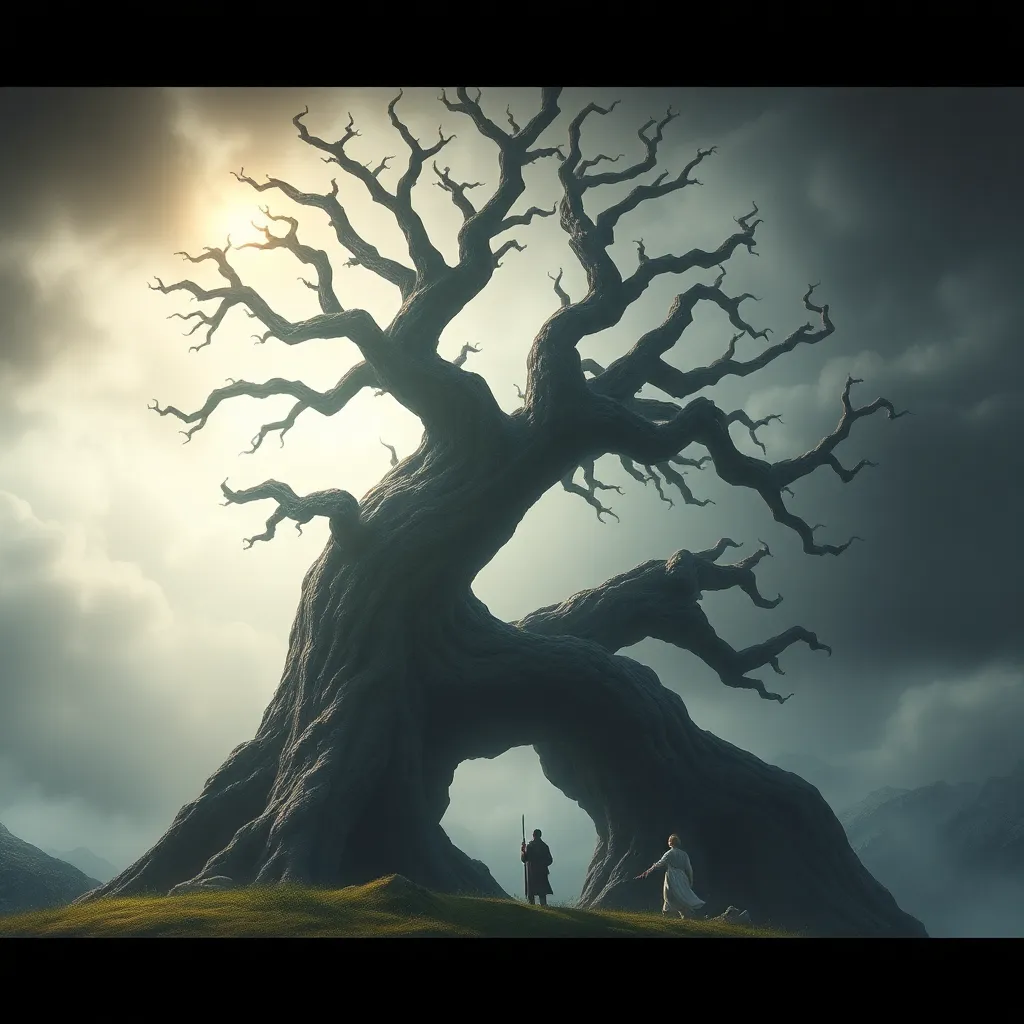The Legacy of the Gods: How Mythical Weapons Became Timeless Icons
Introduction: The Allure of Mythical Weapons
Mythical weapons have captivated the imagination of cultures around the world for centuries. From the swords of ancient heroes to the enchanted hammers of gods, these iconic instruments of power and destiny are steeped in rich storytelling and symbolic significance. Whether they are wielded by gods, demigods, or mortal heroes, these weapons often embody the hopes, fears, and values of the societies that create them.
In this exploration, we delve into the origins, stories, and enduring legacy of mythical weapons, shedding light on why they continue to resonate in our collective consciousness.
The Origins of Mythical Weapons
The concept of mythical weapons can be traced back to ancient societies, where they often served as tools of divine intervention or symbols of heroic virtue. Each culture infused its weapons with unique attributes, reflecting its beliefs and values.
- Greek Mythology: Weapons like the spear of Achilles and the shield of Hercules were not just tools of war; they were imbued with divine significance, often crafted by gods themselves.
- Norse Mythology: Mjölnir, the hammer of Thor, symbolizes strength and protection, while Gungnir, Odin’s spear, represents power and authority.
- Other Cultures: Weapons from various mythologies, such as the katana of Yamato Takeru in Japanese lore, showcase how different societies have revered weapons as objects of great significance.
Iconic Mythical Weapons and Their Stories
Several mythical weapons stand out for their legendary tales and the heroes associated with them. Here are a few notable examples:
- Excalibur: The legendary sword of King Arthur, Excalibur is synonymous with the ideals of chivalry, honor, and rightful kingship. Its mystical origins and the manner of its retrieval from the Lady of the Lake enrich its narrative.
- Mjölnir: Thor’s hammer, Mjölnir, is a symbol of protection and the power of storms. Its ability to return to Thor after being thrown highlights themes of loyalty and strength.
- Gungnir: Odin’s spear, Gungnir, is said to never miss its target. This weapon represents the concept of fate, as it is often associated with the inevitability of destiny and the wisdom of the All-Father.
Symbolism and Meaning Behind Mythical Weapons
Mythical weapons carry profound symbolism that often reflects the cultural values of the societies that created them. Common themes include:
- Power: Many mythical weapons symbolize authority and dominion, representing the wielder’s capability to command respect and fear.
- Justice: Weapons like Excalibur often signify the triumph of good over evil, embodying the quest for righteousness.
- Divine Favor: Weapons bestowed by gods, such as Mjölnir, indicate a deeper connection to the divine, suggesting that the wielder is chosen for greatness.
The Evolution of Mythical Weapons in Literature and Art
Throughout history, mythical weapons have been immortalized in literature, poetry, and visual arts, evolving with each retelling.
In ancient texts, weapons are often depicted as extensions of their wielders, charged with the essence of their owners. For instance, the Iliad and the Norse sagas provide rich descriptions of how these weapons were not merely tools but integral parts of the heroes’ identities.
In modern culture, the influence of mythical weapons can be seen in:
- Literature: Works like J.R.R. Tolkien’s “The Lord of the Rings” feature legendary swords that carry histories of their own.
- Movies: Films such as “Thor” and “Excalibur” portray these weapons with grandeur, reviving interest in their mythological roots.
- Video Games: Games like “God of War” and “Dark Souls” incorporate mythical weaponry, allowing players to engage with these legendary artifacts in interactive environments.
The Role of Mythical Weapons in Modern Fantasy
In contemporary fantasy genres, the resurgence of mythical weapons has become a defining feature. Many modern narratives draw inspiration from ancient lore, bringing these legendary tools into new contexts.
Popular franchises that feature mythical weapons include:
- “The Lord of the Rings”: Here, the One Ring serves as a powerful weapon of influence and corruption, while swords like Andúril symbolize hope and the fight against darkness.
- “Game of Thrones”: The various swords in this series, such as Ice and Longclaw, are steeped in family history and signify loyalty and legacy.
Cultural Appropriation and Interpretation
As globalization continues to influence cultural exchanges, the interpretation and adaptation of mythical weapons can lead to discussions about cultural appropriation. Different cultures may reinterpret these symbols in ways that resonate with their own narratives.
It is essential to consider:
- How these adaptations can enrich storytelling by blending elements from various traditions.
- The potential for misrepresentation and the importance of respecting cultural origins in these interpretations.
The Psychological Impact of Mythical Weapons
Mythical weapons often serve as archetypes within the human psyche, symbolizing various personal struggles and triumphs. They represent:
- Conflict: The battles fought with these weapons mirror our internal struggles and the quest for identity.
- Triumph: The victory associated with wielding a mythical weapon reflects the human desire for success and recognition.
The Legacy and Continued Relevance of Mythical Weapons
The enduring appeal of mythical weapons in modern society can be attributed to their rich narratives and the powerful emotions they evoke. They continue to inspire contemporary creators and audiences alike, serving as symbols of hope, strength, and heroism.
In various media, these weapons often become central themes that resonate with current societal issues, reinforcing their relevance in a changing world.
Conclusion: The Timeless Nature of Mythical Weapons
Mythical weapons encapsulate the cultural and psychological significance that has persisted through time. Their stories reflect the values and beliefs of civilizations, while their archetypal nature speaks to universal human experiences.
As we look toward the future of storytelling and mythology, it is clear that these weapons will continue to inspire and captivate, reminding us of our shared narratives and the legacies we carry forward.
![]()

